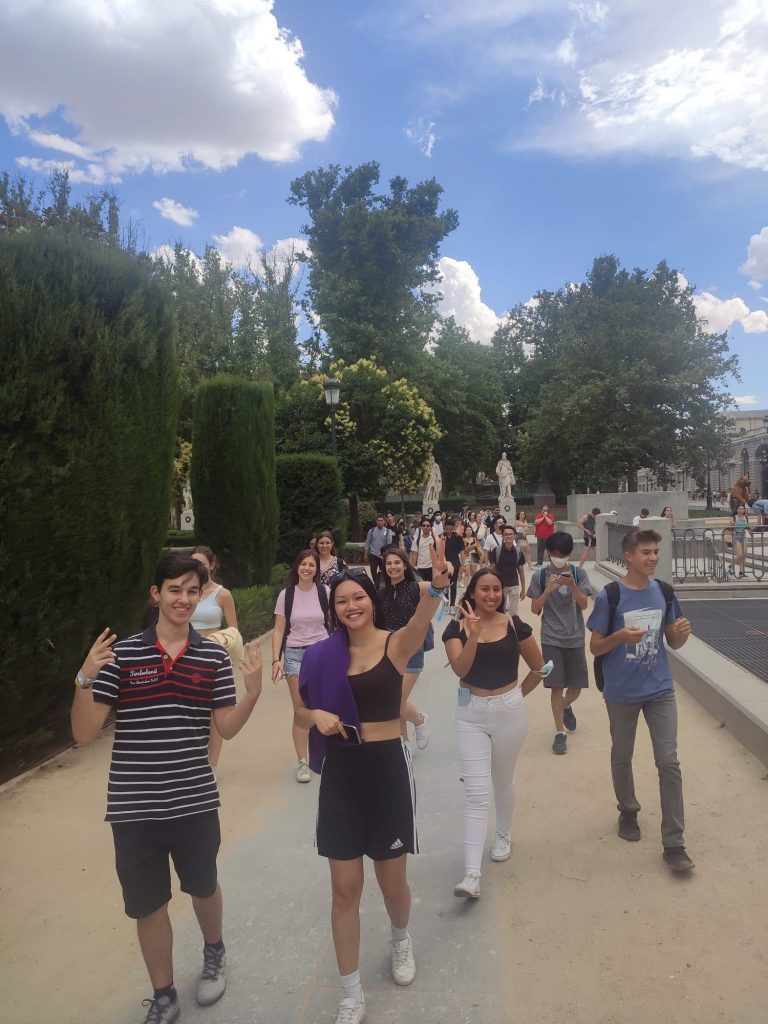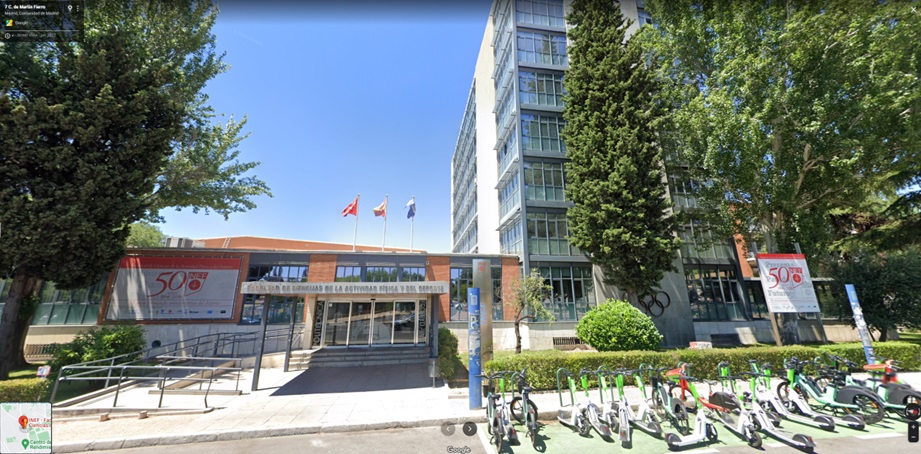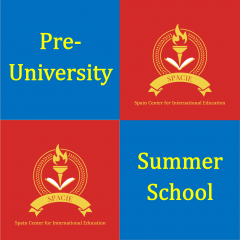Summer School
A summer school is typically an educational program that is offered during the summer months when regular schools are on break. Summer schools offer academic courses or classes that help students catch up on coursework, get ahead in their studies, or explore new subject areas. These programs may be offered by an educational center, college, or university and may be held on-campus or online.
Summer schools can be focused on a wide variety of subjects such as science, technology, engineering, arts, and mathematics (STEM), language learning, sports, music, theater, or even entrepreneurship. These programs may be aimed at students of all ages, from elementary school to university levels. Summer schools usually have a structured schedule, including classes, assignments, and exams.
The primary goal of a summer school is to provide students with a chance to enhance their learning experience, develop new skills, and improve their academic performance. Therefore, summer schools are generally more structured and academic-focused than summer camps.

Summer Camp
A summer camp, on the other hand, is an outdoor recreational program that offers a wide range of activities and experiences for children and teenagers during their summer vacation. Summer camps are usually held in a natural setting such as a forest, lake, or mountain, and provide campers with an opportunity to explore the outdoors, learn new skills, and make new friends.
Summer camps can offer a variety of activities such as hiking, swimming, kayaking, canoeing, archery, horseback riding, arts and crafts, drama, music, dance, and many others. The activities are usually designed to foster personal growth, social skills, and physical fitness.
Summer camps have a more relaxed schedule compared to summer schools, and the focus is primarily on fun and adventure. Campers usually stay in cabins or tents with other campers, and are supervised by trained staff members who ensure their safety and well-being.

Similarities between a summer school and a summer camp
Despite their differences, summer schools and summer camps do share some similarities. Both provide students with a break from the regular school routine and offer an opportunity for personal growth and development. Both types of programs can also provide a chance for students to make new friends, explore new interests, and try new things. Additionally, both summer schools and summer camps can help students develop important life skills such as independence, teamwork, and self-confidence.
Conclusion
In summary, the main difference between summer schools and summer camps is that summer schools are typically academic-focused and structured, while summer camps are recreational-focused and provide a more relaxed atmosphere. However, both types of programs offer a valuable experience to students, and the choice of which one to attend depends on the individual’s goals and interests.
If you are interested in summer school and are a pre-university student between the ages of 15 and 18, look no further! SpaCIE Pre-University School may be your best option for this summer in Madrid. Look for all the details here: https://preuni.spacie.education/



